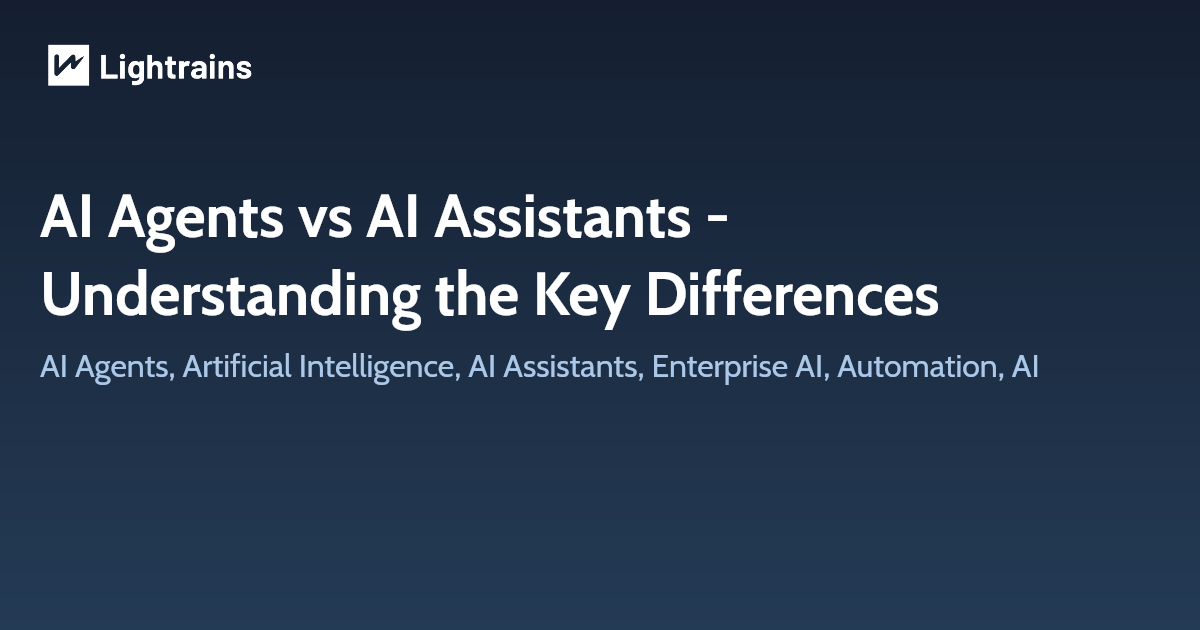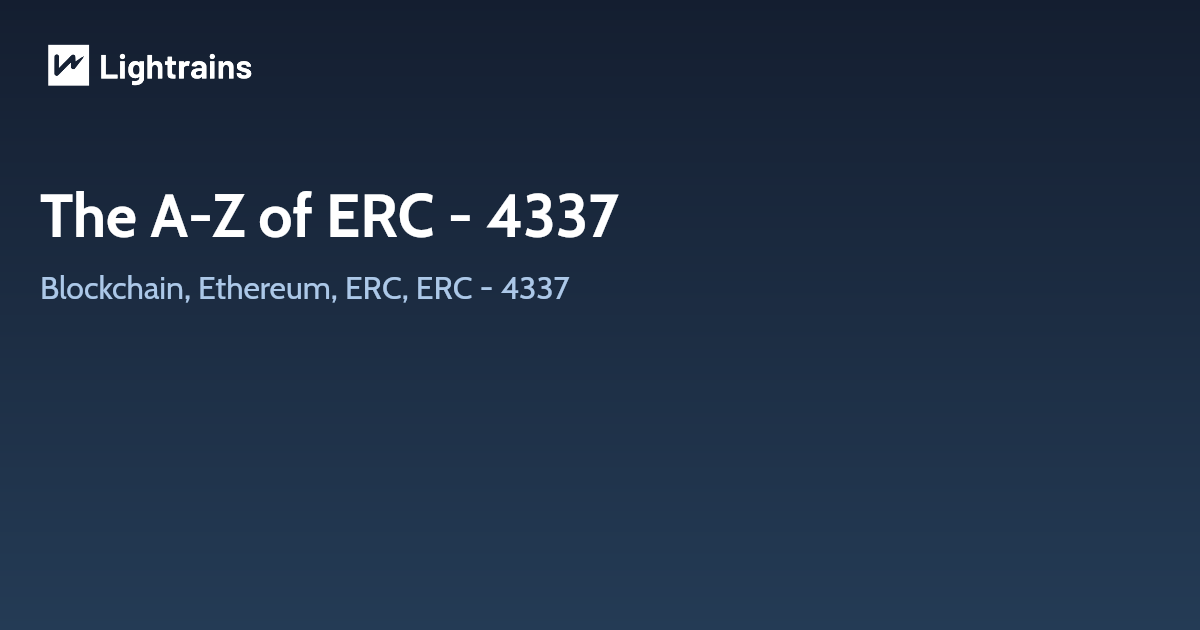
Contracts live on the blockchain in an Ethereum-specific binary format (Ethereum Virtual Machine aka EVM). This tutorial explains how to deploy the byte code to Ethereum Blockchain
For the frontier release, geth supports solidity compilation through system call to solc, the command line solidity compiler by Christian R. and Lefteris K.
Step 1. Install Solidity Compiler Solc
Easy way
Its very easy to install solc using npm the package manager for NodeJS the command is npm install solc
Easier way Browser-Solidity If you just want to try Solidity for small contracts, you can try browser-solidity which does not need any installation. If you want to use it without connection to the Internet, you can also just save the page locally or clone chriseth/browser-solidity.
Building from Source Assuming you are using Ubuntu 14.04
sudo apt-add-repository ppa:george-edison55/cmake-3.x
sudo apt-get -y update
sudo apt-get -y install language-pack-en-base
sudo dpkg-reconfigure locales
sudo apt-get -y install software-properties-common
sudo add-apt-repository -y ppa:ethereum/ethereum
sudo add-apt-repository -y ppa:ethereum/ethereum-dev
sudo apt-get -y update
sudo apt-get -y upgrade
And pull the solidity source code
git clone --recursive https://github.com/ethereum/webthree-umbrella.git
cd webthree-umbrella
./webthree-helpers/scripts/ethupdate.sh --no-push --simple-pull --project solidity
./webthree-helpers/scripts/ethbuild.sh --no-git --project solidity --all --cores 4 -DEVMJIT=0
Step 2. Verify Solidity Compiler
To ensure solc is installed and ready to use, you can verify it by running eth.getCompilers() in geth console
If you have it installed, it should output something like this:
['Solidity' ]
Bonus. Compile a simple contract
Let us take this simple contract source:
source = "contract test { function multiply(uint a) returns(uint d) { return a * 7; } }"
This contract offers a unary method: called with a positive integer a, it returns a * 7.
You are ready to compile solidity code in the geth JS console using eth.compile.solidity
> contract = eth.compile.solidity(source).test
{
code: '605280600c6000396000f3006000357c010000000000000000000000000000000000000000000000000000000090048063c6888fa114602e57005b60376004356041565b8060005260206000f35b6000600782029050604d565b91905056',
info: {
language: 'Solidity',
languageVersion: '0',
compilerVersion: '0.9.13',
abiDefinition: [{
constant: false,
inputs: [{
name: 'a',
type: 'uint256'
} ],
name: 'multiply',
outputs: [{
name: 'd',
type: 'uint256'
} ],
type: 'function'
} ],
userDoc: {
methods: {
}
},
developerDoc: {
methods: {
}
},
source: 'contract test { function multiply(uint a) returns(uint d) { return a * 7; } }'
}
}
Now you have a deploy-able contract in your console with which you can deploy it to Ethereum Blockchain
This article originally appeared on lightrains.com
Leave a comment
To make a comment, please send an e-mail using the button below. Your e-mail address won't be shared and will be deleted from our records after the comment is published. If you don't want your real name to be credited alongside your comment, please specify the name you would like to use. If you would like your name to link to a specific URL, please share that as well. Thank you.
Comment via email







